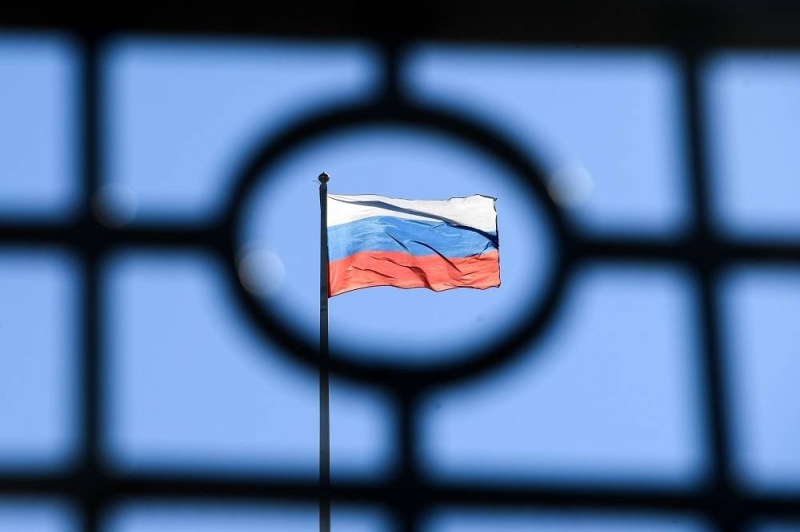MOSCOW, June 23 — Russia will change the law to let private investors open a second special account where they can keep their shares and financial assets that have been frozen due to sanctions, a top government official said today.
Deputy Finance Minister Alexei Moiseev did not spell out the reasons for the change — but such a move could free up space in investors’ original accounts for assets unencumbered by Western sanctions imposed over the conflict in Ukraine.
Around 6 trillion roubles (RM484 billion) of foreign shares held by Russians have been frozen as a result of Western sanctions and Russia’s own authorities and platforms restricting trading in foreign assets, the central bank’s first deputy governor Vladimir Chistyukhin has estimated.
The finance ministry said today it was working on a system to allow Russian investors to hold two Individual Investment Accounts (IIA) — a type of brokerage account that provides tax benefits on investments.
The move would not help with un-freezing the assets. Instead it could encourage Russian investors to use their first accounts to put more cash into Russian shares and funds, by ensuring the frozen foreign assets do not take up the tax-free investment allowances.
The new system would require a change in the law as current legislation permits Russians to hold only one IIA, Moiseev said today at an economic conference in the Volga city of Cheboksary, broadcast online.
The changes could be introduced in the current parliamentary session, which ends in July, Moiseev said.
Russia saw a boom in private investment in the years leading up to its decision in February to send armed forces into Ukraine, with foreign stocks such as Apple and Tesla popular among a growing army of retail investors.
Moscow’s access to the international economic and global trading systems has been severely restricted as a result of the West’s unprecedented sanctions.
Russia’s leaders and the central bank are trying to shield the country from those restrictions, accelerating a de-dollarisation drive and encouraging Russians to store their assets domestically in roubles and through Russian securities in order to protect them from possible future sanctions. — Reuters






















